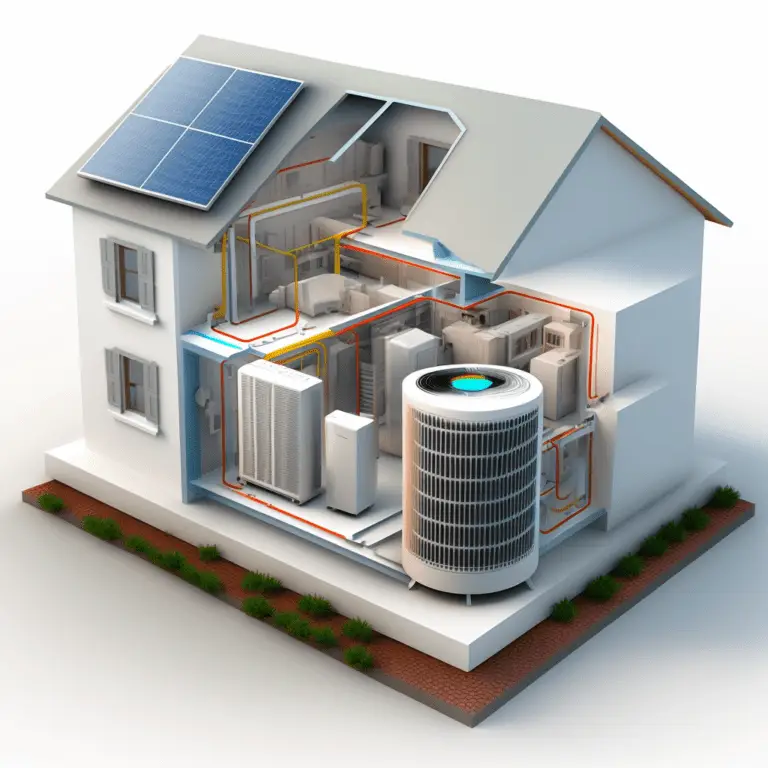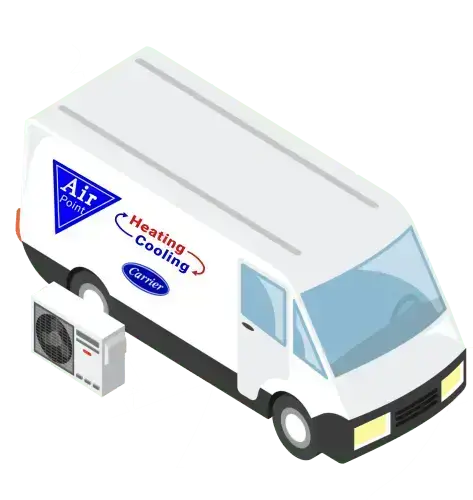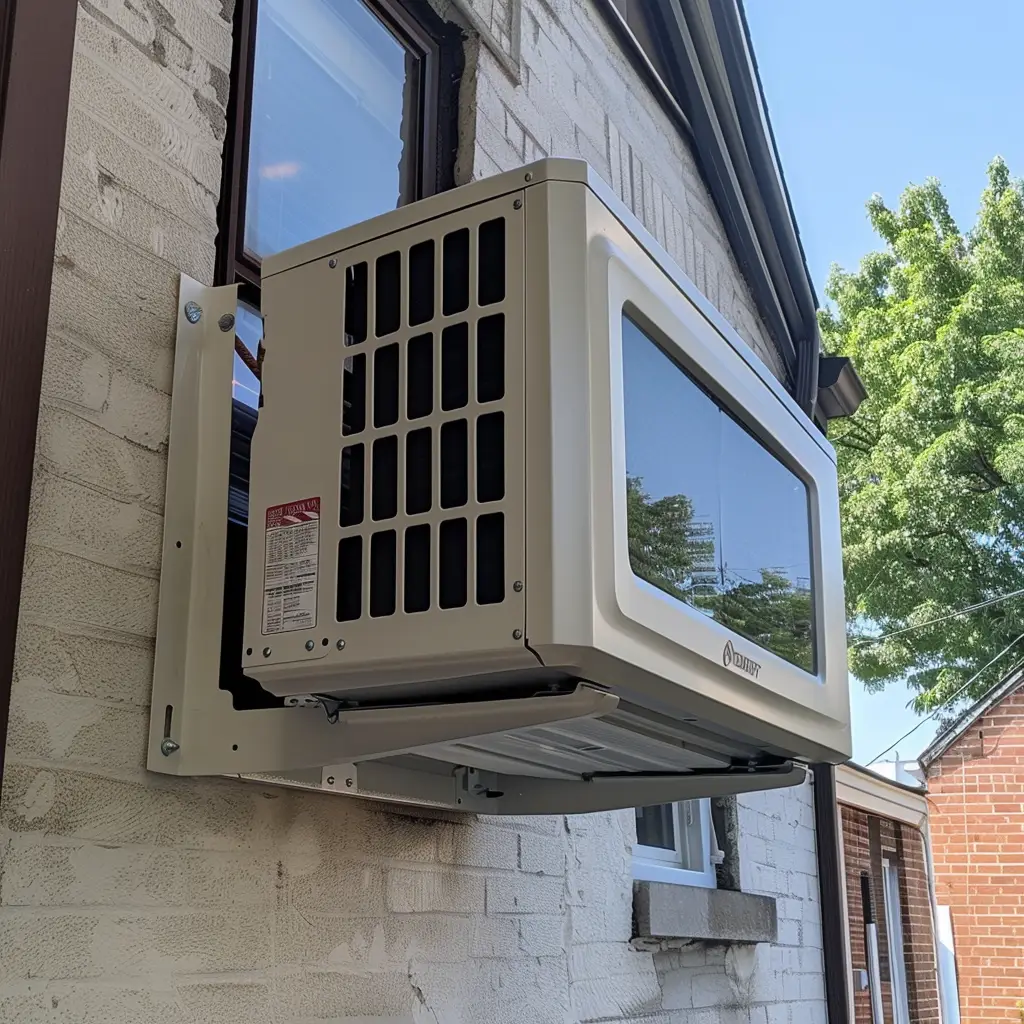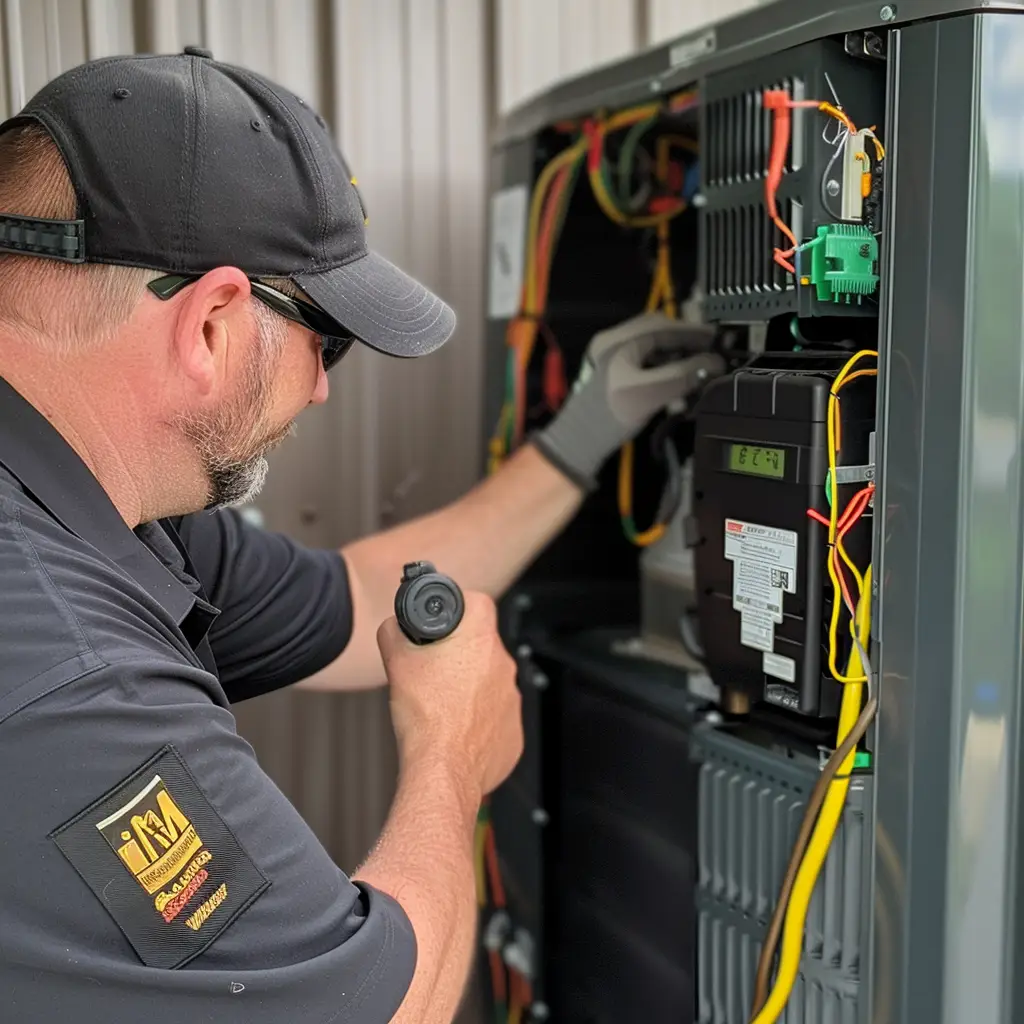Understanding SEER Ratings in Toronto
As the weather starts to heat up, it’s important to make sure your home’s HVAC system is in top shape. One of the most common questions homeowners have is whether to choose a 14 SEER or 16 SEER system. In this article, we’ll explain what SEER is, the difference between 14 SEER and 16 SEER and how to choose the best one for you in 2023.
What is SEER?
SEER is a measure of the cooling output of an HVAC system compared to the energy it consumes over a typical cooling season. The higher the SEER rating, the more efficient the system is and the lower your energy costs will be. In Canada, the minimum SEER rating for HVAC systems is 13, but you’ll find systems with ratings ranging from 13 to 21.
Cost Savings for Higher SEER Ratings:
A SEER ratio is calculated over an entire cooling season using a constant indoor temperature and a variety of outdoor temperatures ranging from 60 degrees to 100 plus. This is how it simulates a typical season.
In other words, the SEER rating indicates the maximum efficiency you can achieve with your HVAC system. The higher the SEER rating, the more efficient your system should be. The current minimum standard is 13 SEER, but you’ll see systems anywhere from 13 SEER to 21 SEER. Most people are trying to decide between a 14 SEER and 16 SEER. So how different are these ratings?
Let’s think in terms of dollars and cents. A 16 SEER unit is about 13% more efficient than a 14 SEER. For every $100 you spend to cool your home with a 14 SEER, you could save $13 on your monthly bill by upgrading to the 16 SEER unit.
But just like gas mileage, your ability to meet this maximum efficiency and savings depends on a lot of other factors.
What is the difference between 14 SEER and 16 SEER?
When it comes to choosing an HVAC system, one of the most common questions we get asked is “What is the difference between 14 SEER and 16 SEER?” In terms of efficiency, a 16 SEER system is about 13% more efficient than a 14 SEER system. This means that for every $100 you spend to cool your home with a 14 SEER system, you could save $13 on your monthly energy bill by upgrading to a 16 SEER system.
However, it’s important to note that the actual energy savings will depend on a number of factors, such as the size of your home, the climate you live in, and the efficiency of your current system.
What are the regulations for HVAC systems in Toronto?
In Toronto and across Canada, the Canadian Standards Association (CSA) sets the standards for HVAC systems. These standards include the minimum SEER rating for HVAC systems, as well as other requirements for efficiency, safety, and performance.
When purchasing a new HVAC system for your Toronto home, be sure to look for systems that have been certified by the CSA to ensure that they meet the standards for efficiency and performance.
What are the benefits of upgrading to a high-efficiency HVAC system?
Upgrading to a high-efficiency HVAC system can bring a number of benefits, including:
- Lower energy costs: High-efficiency systems use less energy to produce the same amount of heat or cool air, which can result in significant savings on your energy bill.
- Increased comfort: High-efficiency systems are designed to provide more consistent and comfortable temperatures throughout your home.
- Longer lifespan: High-efficiency systems are built with advanced technology and materials, which can result in a longer lifespan for the system.
How does AirPoint help Toronto homeowners choose the right HVAC system?
At Airpoint, we understand the importance of choosing the right SEER rating for your home in Toronto. That’s why we offer a wide range of HVAC systems with different SEER ratings to suit your specific needs and budget. Our team of experts will work with you to determine the best SEER rating for your home and ensure that your system is properly sized, installed, and maintained for maximum energy efficiency and cost savings.
In conclusion, while a higher SEER rating may cost more upfront, the long-term cost savings and energy efficiency can be well worth the investment. At AirPoint, we are dedicated to helping you make the best decision for your home and your budget. Contact us today to learn more about our HVAC systems and the benefits of a higher SEER rating for your Toronto home.
To learn more about whether 14 Seer or 16 Seer is right for you, check out this video by Ask About GAMES
Frequently Asked Questions Toronto Homeowners Have About Seer Ratings
What is the minimum SEER rating required for HVAC systems in Toronto?
The minimum SEER rating required for HVAC systems in Toronto is 14 SEER. However, it's recommended to consider a higher SEER rating for energy savings.
How does the climate in Toronto affect my SEER rating?
The climate in Toronto can have an impact on the efficiency of your HVAC system. During the summer months, a higher SEER rating may provide greater cooling efficiency, while during the winter months, a high HSPF rating may be more beneficial for heating efficiency.
Are there any rebates or incentives for upgrading to a higher SEER rated HVAC system in Toronto?
There may be incentives or rebates available for homeowners in Toronto who install high-SEER HVAC systems. Check with your local government or utility company for more information.
Can I upgrade my existing HVAC system to a higher SEER rating in Toronto?
It is possible to upgrade your existing HVAC system to a higher SEER rating, but it may be more cost-effective to replace the entire system. Consult us to determine the best course of action.
Will a higher SEER rating guarantee lower energy bills?
A higher SEER rating does not guarantee lower energy bills. Other factors such as the size of your home, the climate you live in, and the usage of your HVAC system also play a role in determining your energy bills.
Can I upgrade just the outdoor unit or do I need to replace the entire HVAC system?
It is possible to upgrade just the outdoor unit but it is not recommended. It is best to consult with a professional to determine if it is necessary to replace the entire HVAC system in order to achieve the desired SEER rating.
Can I install a higher SEER rated system in my older home?
Yes, you can install a higher SEER rated system in an older home. However, it is important to note that your home's insulation and air sealing may need to be updated in order to achieve the full benefits of the higher SEER system.





